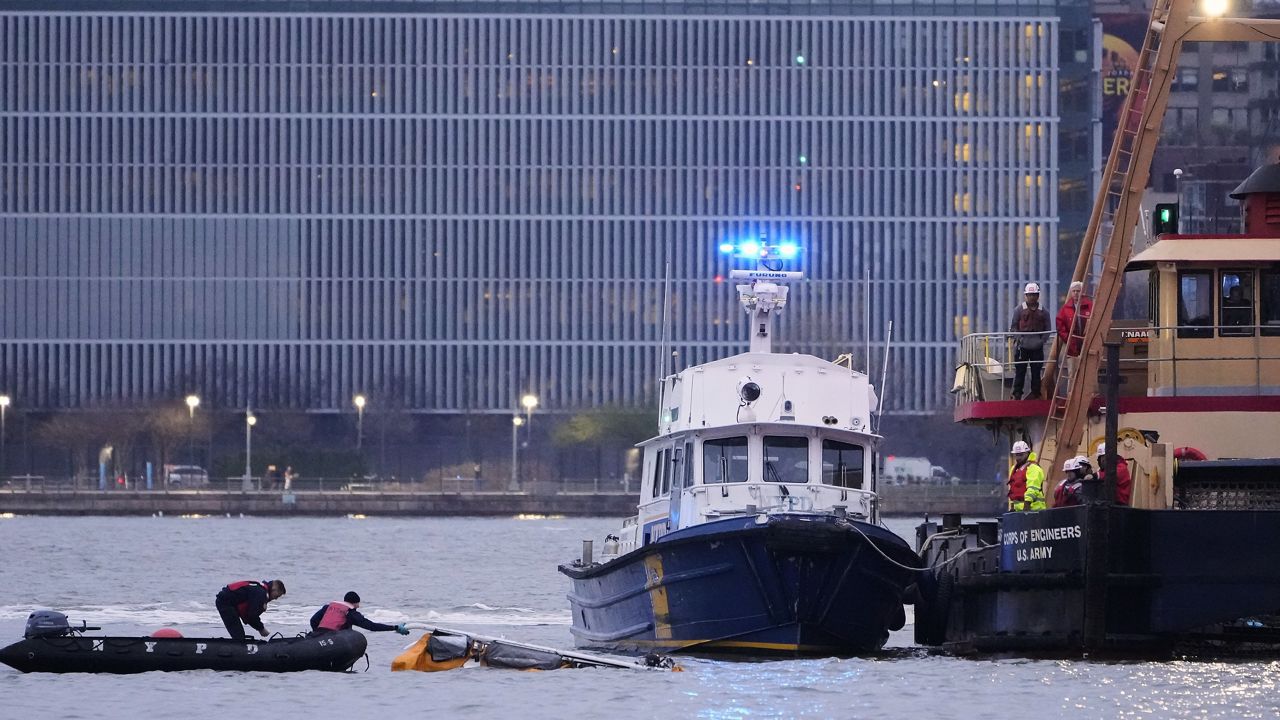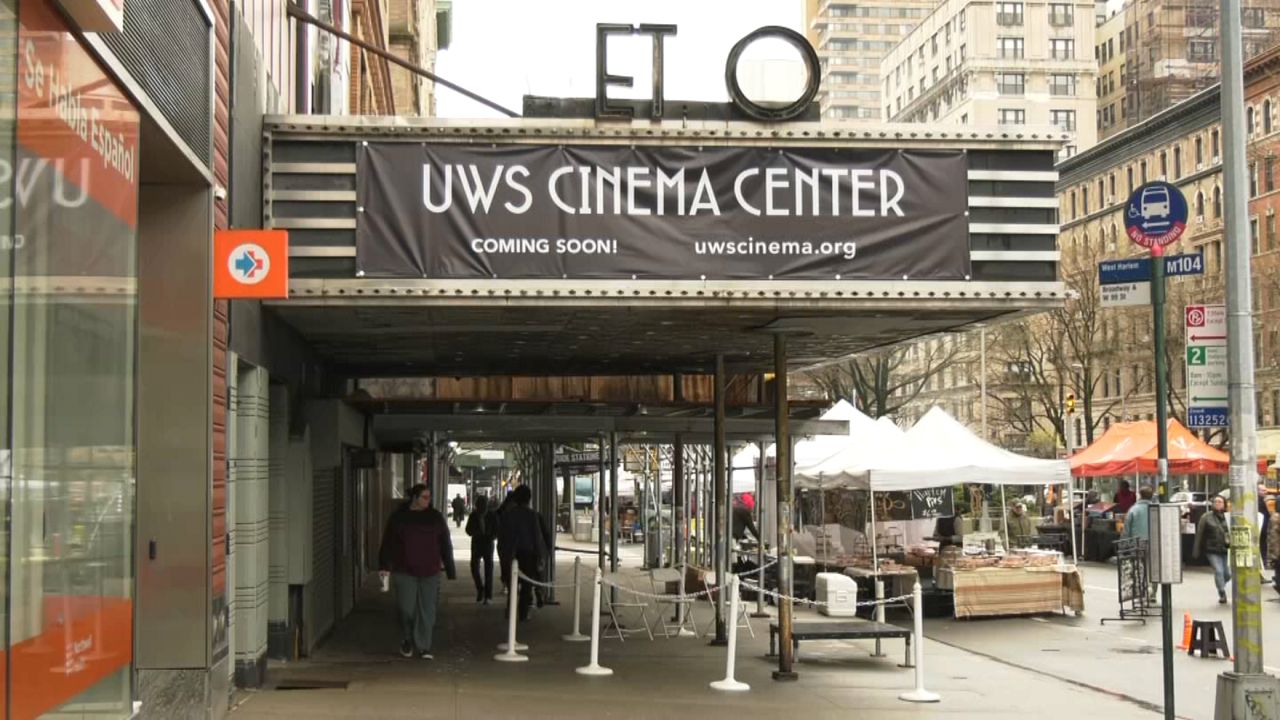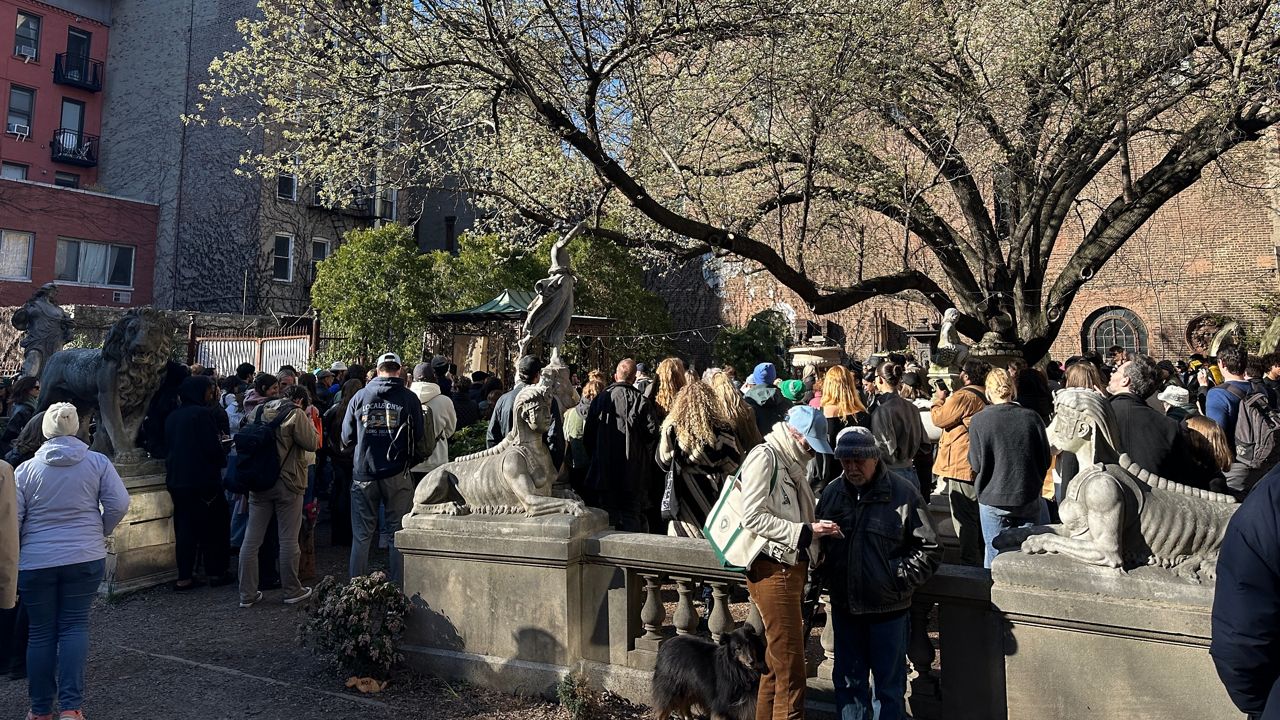Mayor Bill de Blasio announced on Thursday the city will spend $80 million to restore 70 Mulberry Street, a prominent cultural hub in Chinatown ravaged by a five-alarm fire in January.
The mayor said it is important to rebuild 70 Mulberry, and said he will be consulting with elected officials, community and nonprofit leaders over the next three months to figure out the best way to restore “the beating heart” of the Chinatown community.
“It is vital that 70 Mulberry continue to be a part of the life of Chinatown,” de Blasio said. “It is Chinatown’s history, it is all our histories as New Yorkers, so we have to find the right way to bring it back, and we have to listen to the people of the community as we do that."
The fire destroyed the upper floors of the 130-year-old building, which is home to many local businesses and nonprofits, such as a dance school and community center. The building also stores archives from the Museum of Chinese in America. Some of the museum's 85,000 artifacts were damaged in the blaze.
City Councilmember Margaret Chin, who herself attended elementary school at 70 Mulberry when it was home to P.S. 23, thanked the mayor for his action, and stressed that the pandemic created an urgency to restore the building and the resources it provided.
“The fire, coupled with this public health crisis, opened the wounds and history of inequity faced by this resource-starved community,” Chin said. “Small businesses that closed their doors overnight couldn’t qualify for emergency grants, residents were on edge from xenophobic attacks, and isolated non-English speaking seniors struggled with rising food insecurity.”
During the press conference, a reporter from WBAI radio asked de Blasio if saving 70 Mulberry would be an empty gesture if the city is leaving the rest of the area vulnerable to residential and commercial gentrification.
The mayor called the comparison “apples and oranges,” and stressed 70 Mulberry’s cultural and historical importance to the community, but said he was open to considering rezoning proposals in the future.
“I do think gentrification is a profoundly important issue in New York city. I think we’ve found some of the ways to address it, but not enough and we have to keep working at it,” he said. “I also think that with the impact of the pandemic and the economic crisis I’m not sure you’re not going to see some changes in gentrification in the coming years and some reductions of the impact.”









